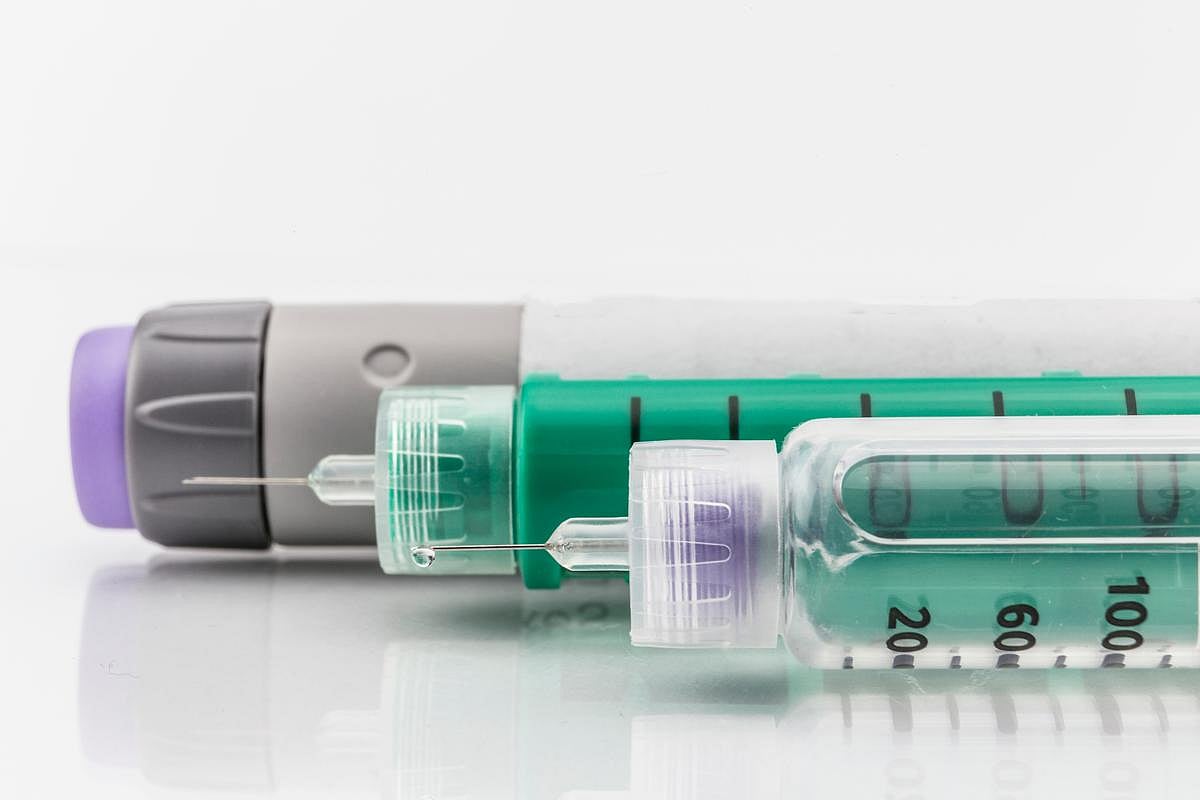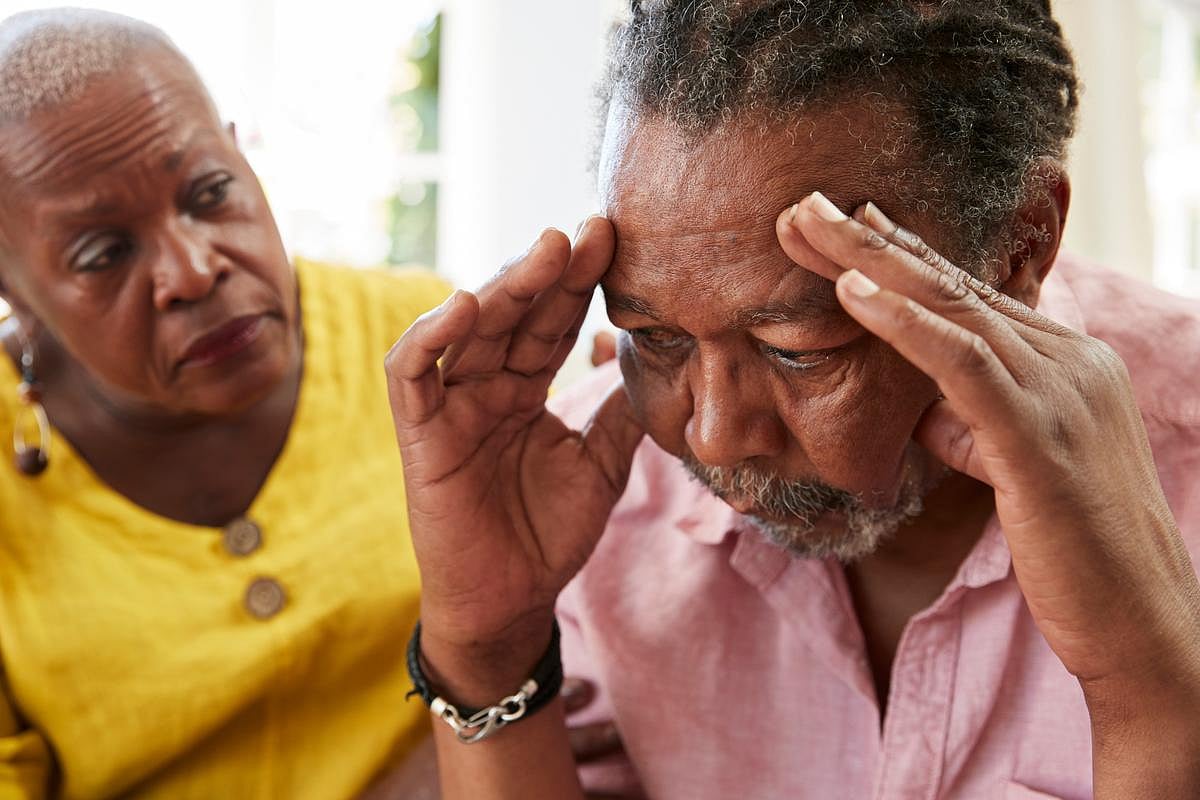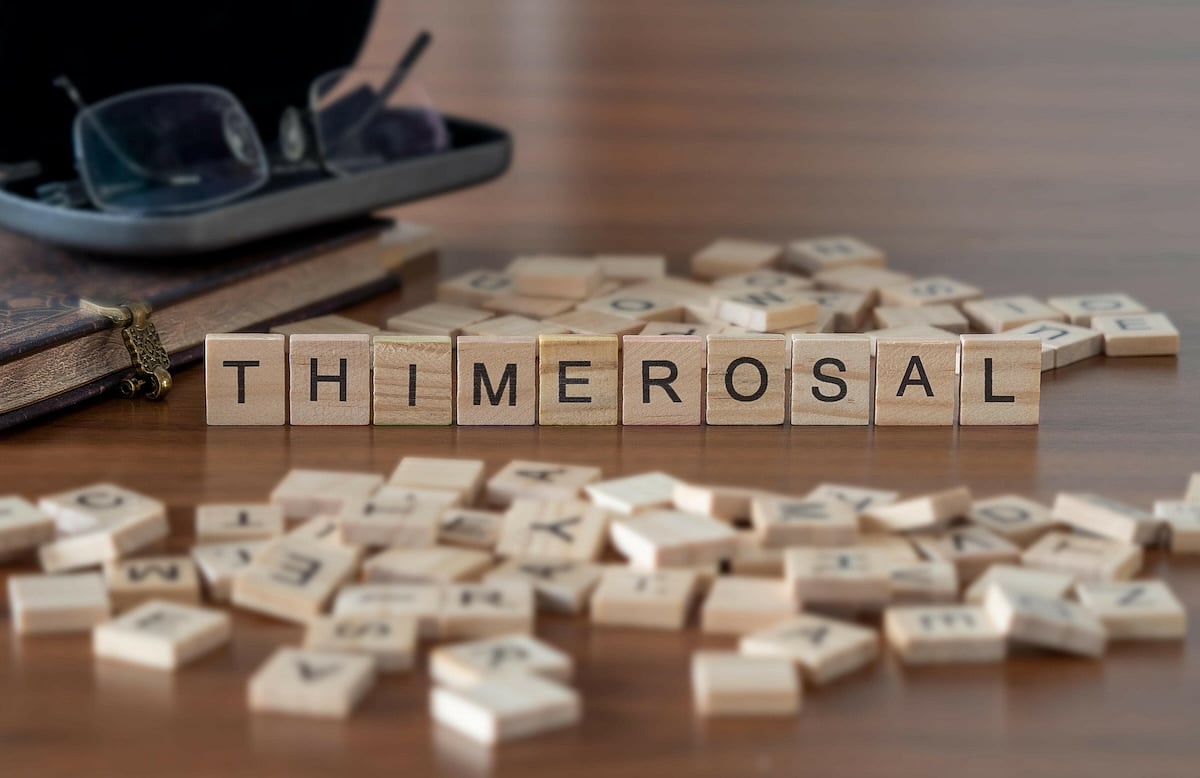
Exposure to wildfire smoke might make some people more likely to fall ill by altering their immune systems, a new study says. Fire smoke appears to affect the immune system on a cellular level, researchers report in the journal Nature Medicine. People exposed to smoke showed an increase in memory immune cells that provide long-term… read on > read on >






























